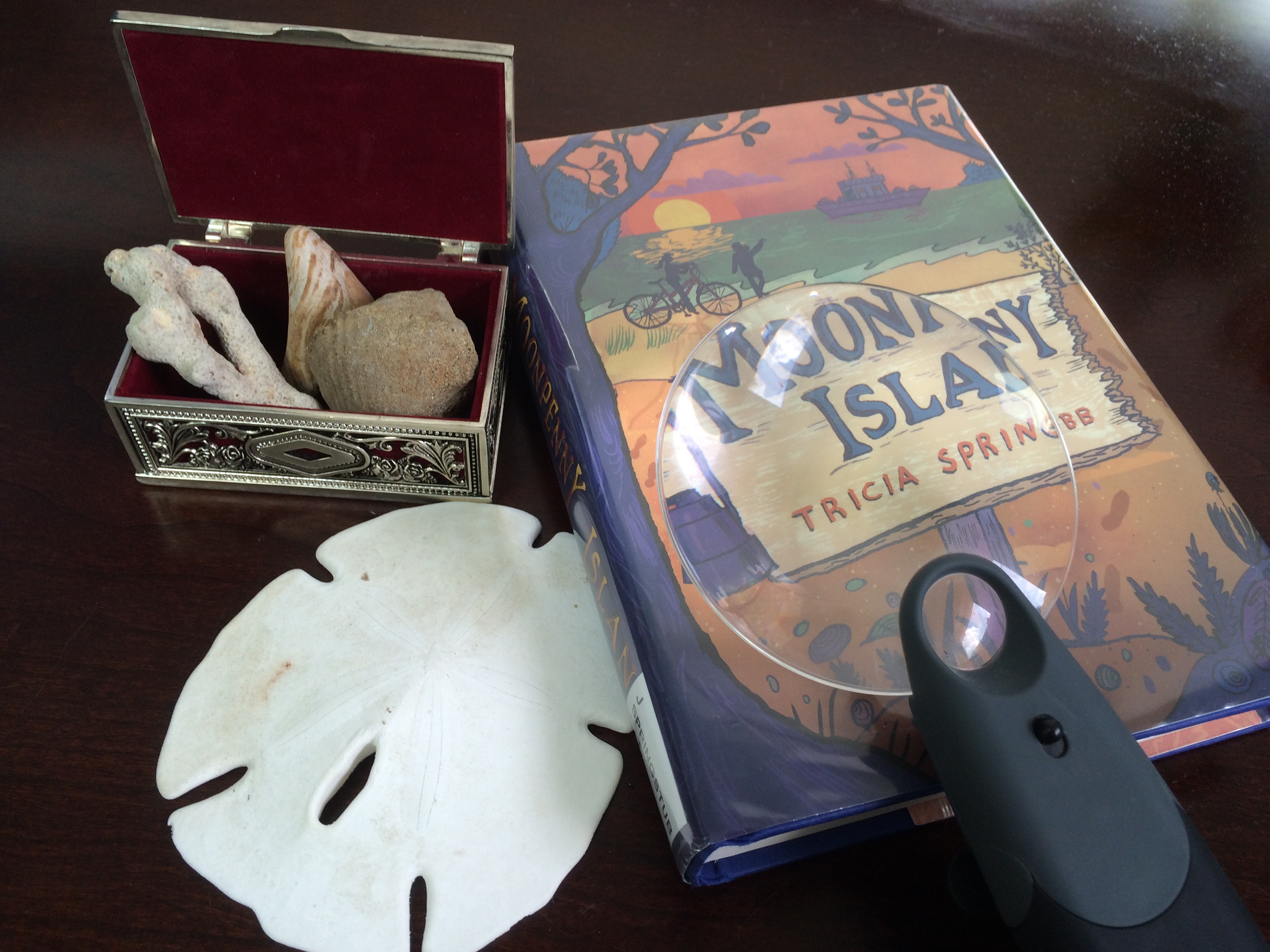
Mentor Texts for Writers: Doors and Maps: Digging for Treasure in Middle Grade Mentor Texts by L.M. Quraishi
It’s time to dive into middle grade mentor texts. Like L.M. Quraishi, our guest blogger today, I love to read and write middle grade. In fact, when I’m stuck in any kind of writing, I particularly like to read middle grade novels because it always helps me savor words again. After reading this post, I’m sure you’ll be like me and want to run out and get your hands on the copy of the mentor text she walks us through.
© L. M. Quraishi, 2015
I cannot read without writing anymore.
When I’m half a page into a new novel and think to myself, Oooh, this is gonna be good! the reader in me loses herself in the story. And the writer in me keeps a detailed map of all the story’s doors to Neverland.
- How exactly did the author frame this door into her world?
- What grain of wood did she choose, so that when I place my palm against its texture and inhale its fragrance, I understand her characters with my very skin and senses?
- Where was the door placed along the path of story, at just the spot to entice my fingers to the knob?
- What did the door reveal as it swung open wide?
For me, a mentor text is any book that beguiles the reader in me, and rouses the writer in me.
When I find one, I slow down to savor it. I am looking for each curtain of Oz, because I want to peek behind every one.
I’ve learned to notice the different kinds of doors that authors build into their stories.
Sometimes when studying a mentor text I use an exercise I call Digging for Treasure.
- Keep smartphone handy while reading/re-reading.
- Copy sentences and page numbers that stand out into the Notes app.
- Email file to self.
- Take a closer look at the author’s craft.
Like invisible ink staining parchment with a secret map, the patterns of artistry reveal themselves under the heat of careful examination.
Most recently I’ve been enchanted by Tricia Springstubb’s new middle grade novel, Moonpenny Island (Balzer & Bray, 2015).
I couldn’t turn more than three pages of this book without wanting to dig out a piece of her writing and hold it in my hand. Treasures I found on Moonpenny Island:
© L. M. Quraishi, 2015
Relevant and compelling characterization…
When Flor was in the third grade and had to draw a spelling picture for secret, she drew a rock.
for ALL the characters…
Cecilia reaches for a towel and slowly dries her hands. First one, then the other, then the first one again, like her hands are precious objects.
with humor:
Between that hat and the oversize clothes, approximately two percent of this girl is visible.
Characterization that reveals relationship:
Across the road, Mrs. Defoe calls her name. “Flor!” She makes it sound like something you step on.
Dialogue with minor characters that reveals deeper truths and themes of the story:
“People have been leaving home as far back as Adam and Eve,” she calls as Flor heads out the door.
Fresh and relevant language—images, metaphors and description that elaborate character…
Flor’s afraid of the dark, and out here, she can tell, the dark would be that thick, suffocating kind, the kind that runs against you like black fur.
…set the mood…
An empty chip bag skips across the sidewalk and hugs her ankle like it wants company.
…or hint at story/character arc:
The sun’s slipped a few notches, and when she stands up, her shadow wears stilts.
Outstanding sentences placed at the beginning or end of a chapter:
Life’s a crooked shelf, and things keep rolling off before Flor can catch them.
Flawless foreshadowing…
The water stops their breath.
…even when it’s just about the weather:
The rain is mean. Mean like cruel and mean like this means change is coming.
Change for EVERY character:
Mrs. Defoe steps outside. Her brown jacket is buttoned to her chin, but what is this? Around her neck is a yellow scarf….the pure yellow of buttercups.
The next time you’re reading a book and it gives you chills, try taking a closer look at the story’s doors. Draw yourself a map, and dig out that treasure for your own chest. If you have coin to spare, send it my way via link to your post. I’d love to read what you’re reading.
Find Moonpenny Island reviews in The New York Times, Kirkus Reviews, and Publisher’s Weekly.
Born to a Pakistani father and American mother in California, L. Michelle Quraishi was raised on a steady diet of liverwurst, Madeleine L’Engle, and sitar music. After college, she spent two years as a Peace Corps volunteer in Paraguay, before moving to the Mission District of San Francisco where she taught Spanish bilingual kindergarten. She now lives in the San Francisco East Bay with her husband and two children, finding inspiration for her children’s books in goddess lore, brain science, animal behavior, calculus and kung fu. You can connect with her at lmquraishi.com, or on Twitter, Facebook and Pinterest.
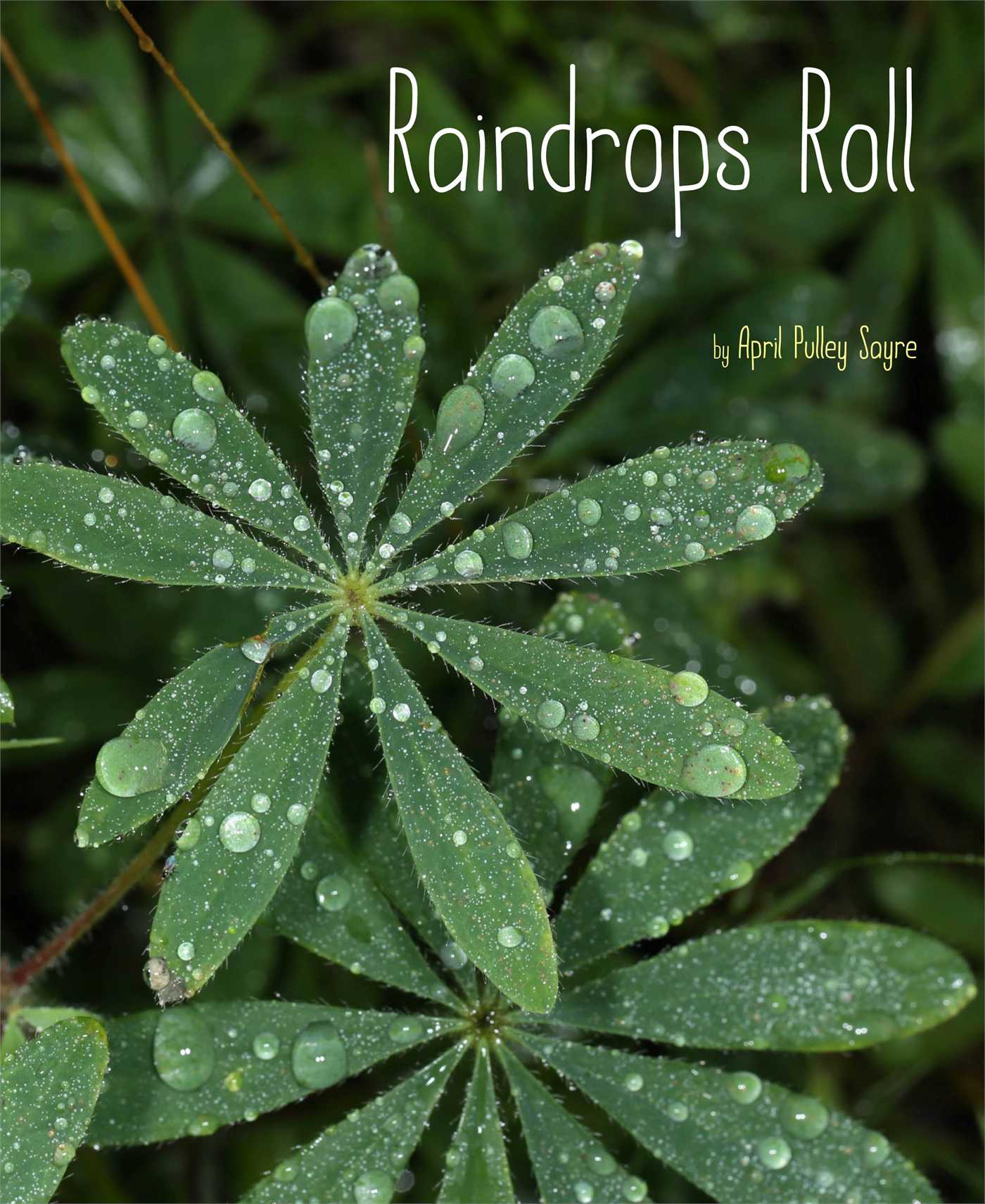
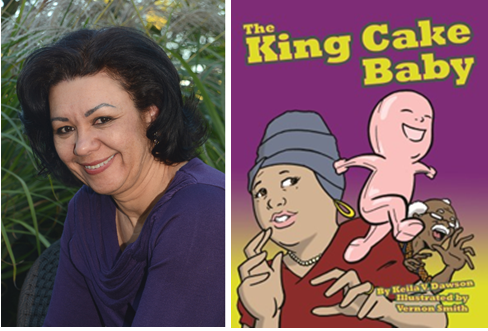
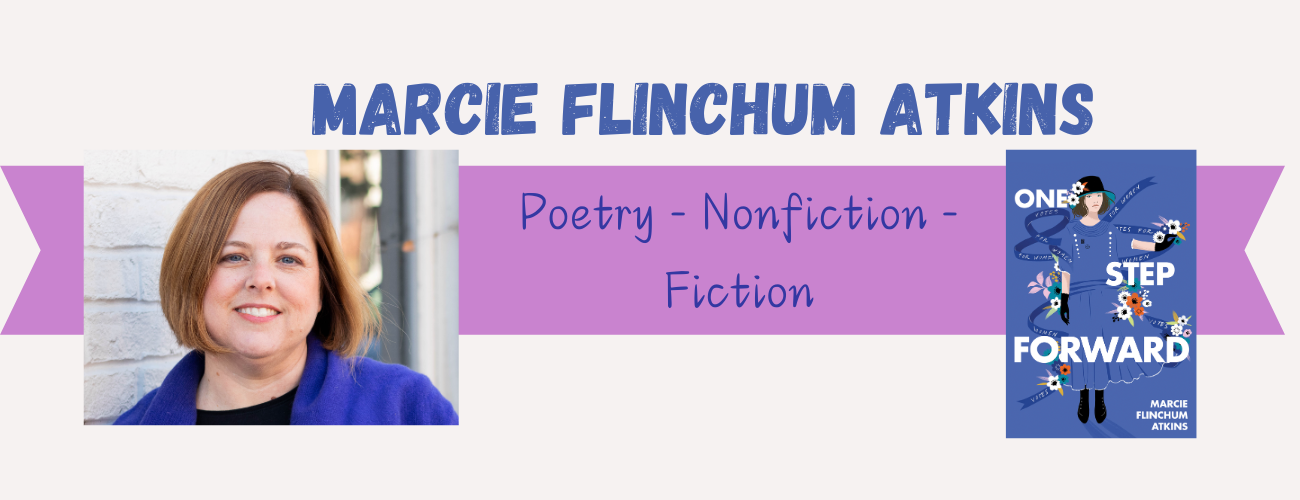
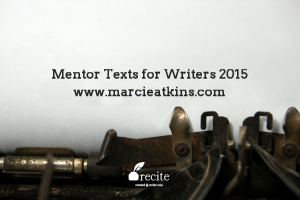
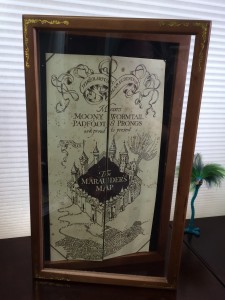
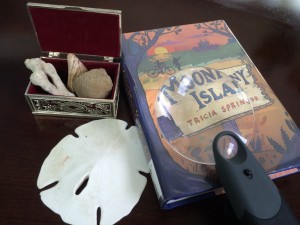


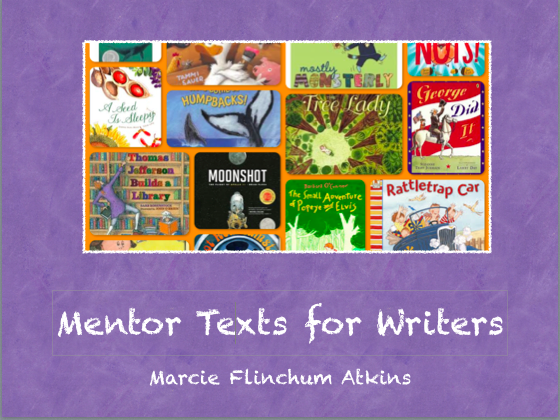

One Comment
Sarah Glenn Fortson
Michelle, clearly digging for treasure has paid off for you! Wow, Brilliant door metaphor!